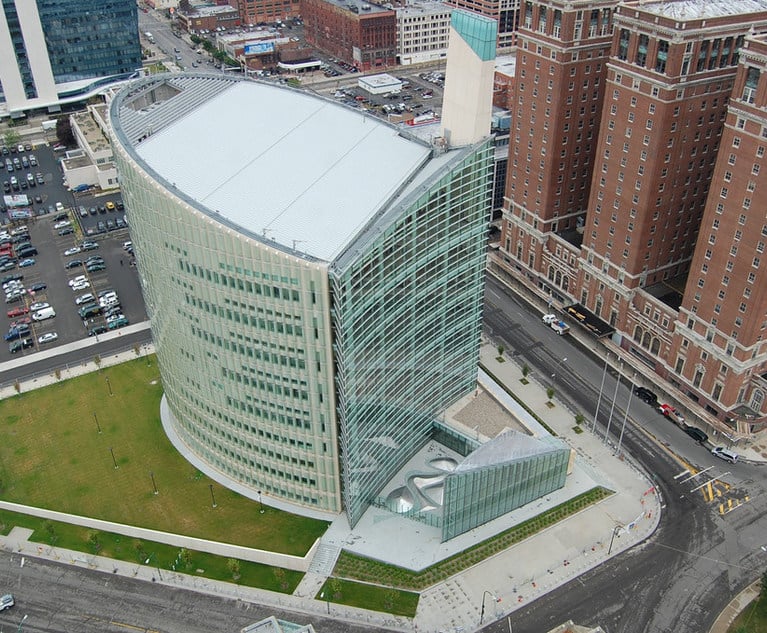In Nestle v. Doe, a near-unanimous majority of the U.S. Supreme Court dealt yet another blow to plaintiffs seeking to bring lawsuits against corporations for violations of international law holding that mere “corporate activity” within the United States is not enough to satisfy the general presumption against the extraterritorial application of federal law. Nestle represents the third time since 2013 that the court has sharply limited the ability of plaintiffs to bring claims under the 1789 Alien Tort Statute (ATS), 28 U.S.C. §1350, which grants federal courts jurisdiction over torts by “aliens in violation of the law of nations …” The justices continue to disagree over what types of claims remain open under the ATS and declined to adopt a categorical rule prohibiting any ATS lawsuits against corporations.
Nestle v. Doe arises out of lawsuits by six individuals in Mali, originally filed in 2005, who allege they were trafficked into the Ivory Coast as child slaves to produce cocoa. The Doe plaintiffs sued numerous corporations, including U.S.-based companies Nestle USA and Cargill, that purchase, process and sell cocoa from the Ivory Coast. Although neither of the defendant U.S. corporations operated farms where the alleged child slavery occurred, the plaintiffs alleged that the defendants’ U.S.-based companies’ ongoing business relationship with those cocoa farms “aided and abetted” child slavery by not acting against those practices that they knew of or should have known of.


 Samuel Estreicher and Julian G. Ku
Samuel Estreicher and Julian G. Ku




